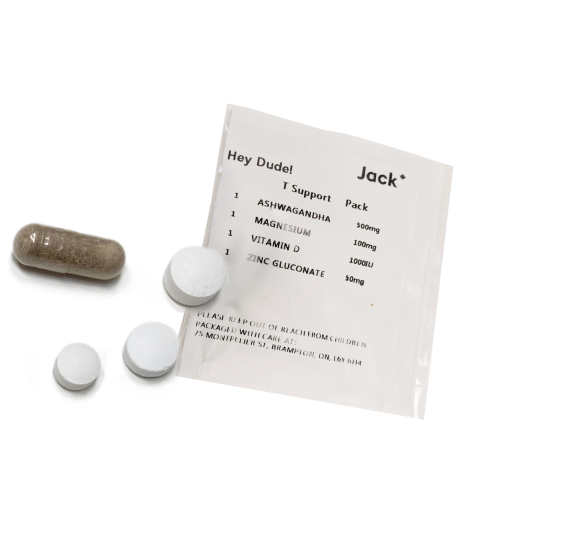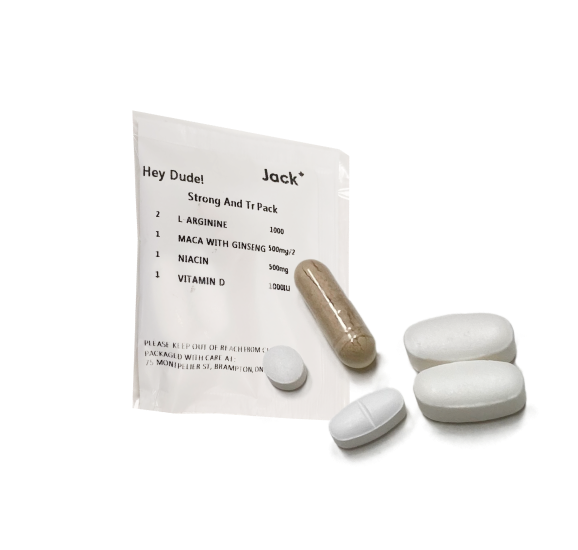Low testosterone can only be diagnosed based on your testosterone levels through a blood test, however there are some symptoms that can indicate possibly low testosterone. Unfortunately, your low T symptoms might be mistaken for another condition or treated without identifying the root cause.
The problem we’ve encountered is that measuring testosterone is not something that immediately comes to mind when talking to your family doctor – in fact, we’ve heard from our patients that many of their physicians won’t order testosterone testing until there are significant health concerns. And you might not know to ask to have them measured.
This combination means often low testosterone goes undiagnosed and untreated, leaving you with the following annoying and frustrating symptoms. We’ve broken these symptoms down into three categories: physical, sexual, and cognitive. You probably don’t experience all of these symptoms. But if you find you’re experiencing a handful of them, it couldn’t hurt to get your T-levels checked.
Physical | Sexual | Cognitive |
|
|
|
[Table adapted from testosterone deficiency guidelines by CUA and AUA]
Fatigue, especially afternoon fatigue, is associated with low testosterone. In several studies, men with low T levels were more likely to report fatigue than men with normal T levels. Instead of chugging yet another coffee or caffeine drink, get tested.
Depression has subjective symptoms and the cause is generally unknown. Men with untreated low T levels have a three times higher risk of depression than men with normal T levels. If you’ve been feeling low recently, especially combined with a reduction in motivation or happiness from activities that used to make you happy, it might be time to get your T-levels checked.
Erectile dysfunction (ED) is associated with low testosterone. This study showed that as testosterone levels decreased, the probability of experiencing ED increased.
Obesity makes you five times more likely to have low T levels. Men who are obese (BMI >30) or have a increased waist circumference (>40) are recommended to have their T levels checked.
Other physical symptoms include a decrease in muscle mass and strength, hair loss, hot flashes, and less energy and endurance – all because testosterone is involved in these processes. Sexual symptoms include decreased sex drive, less intense orgasms, and loss of morning erections. Testosterone is needed for these to occur so low T stops or blunts them. Cognitive symptoms include depression, insomnia, irritability, poor concentration and memory issues. While it might not seem like low T would be the cause of this, it can be!
Don’t waste your time worrying about your T levels.
References:
American Urological Association: Evaluation and Management of Testosterone Deficiency Guideline
Canadian Urological Association: Guideline on Testosterone Deficiency in Men

Can exercise improve your T levels?
Not directly, but it helps build muscle and lose weight both of which have a positive effect on T levels.

TRT Fact or Fiction
We’ve compiled the top TRT, testosterone replacement therapy, myths, and facts. Read on to learn more about this treatment for low testosterone.

Do you have low T? Here are some symptoms to look out for
Low T, or low testosterone, can significantly impact your health. Read more about the symptoms of low T and how to treat them.





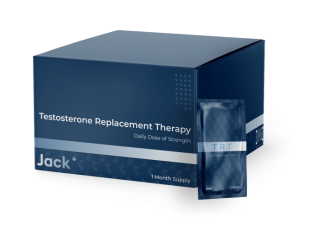


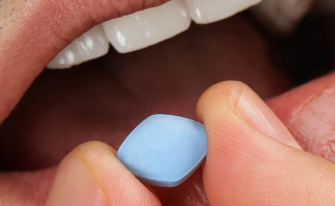





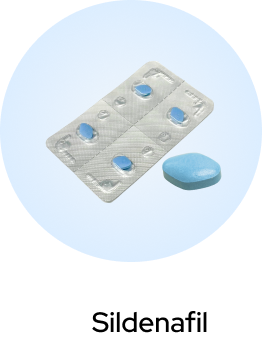
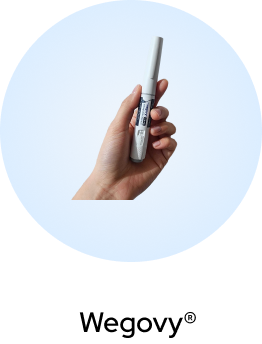
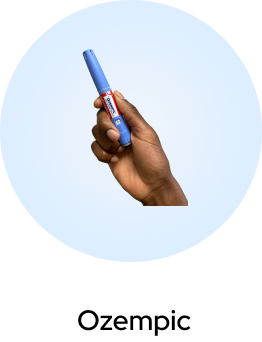


 (US)
(US)
